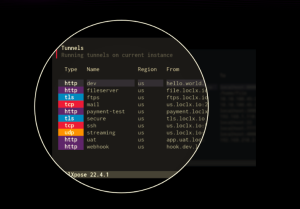In recent years, early college entrance programs have emerged as a promising avenue for high-achieving and motivated students eager to advance their education mr test prep. These programs offer an alternative to the traditional high school experience by allowing students to transition into college environments before completing their secondary education. They provide a unique opportunity for students to challenge themselves academically, explore a collegiate atmosphere, and earn college credits, often at no or reduced cost.
At their core, early college entrance programs are designed for students who demonstrate exceptional academic capabilities and maturity. These programs take various forms, from dual enrollment and early college high schools to residential early entrance programs at universities. Each model shares the common goal of bridging the gap between high school and college, enabling students to accelerate their learning and pursue advanced studies.
One of the key advantages of early college entrance programs is the accelerated educational pathway they offer. Students in these programs often have access to a wider range of courses compared to their high school peers, allowing them to delve deeper into subjects of interest. By engaging in college-level coursework, students can gain valuable experience navigating the rigors of higher education. This early exposure not only bolsters academic skills but also cultivates independence, time management, and critical thinking—qualities essential for success in college and beyond.
Furthermore, early college entrance programs can significantly reduce the financial burden of attaining a college degree. Many programs allow students to earn college credits while still in high school, often at little to no cost. By accumulating credits early on, students may be able to complete a college degree faster, which can lead to substantial savings on tuition and other expenses. For families concerned about the escalating costs of higher education, this aspect of early college entrance programs is particularly appealing.
Another important benefit of these programs is the opportunity for personal growth and social development. Immersed in a college environment, students learn to interact with diverse peer groups, engage with experienced faculty, and participate in a variety of extracurricular activities. This setting fosters an enriching educational experience that extends beyond academics, helping students develop a clearer sense of identity and purpose.
Despite the numerous benefits, early college entrance programs are not without challenges. The transition from high school to college can be demanding, and not all students are ready to handle the increased academic workload and independence required. Therefore, it is crucial that these programs include support structures, such as counseling and mentorship, to ensure students are equipped to thrive in this accelerated environment.
In conclusion, early college entrance programs represent a valuable pathway for academically gifted students seeking to advance their education at an accelerated pace. By offering a blend of rigorous academics, college credit opportunities, and personal growth experiences, these programs can significantly enhance a student’s educational journey. As more institutions recognize their potential, early college entrance programs are likely to become an increasingly attractive option for students poised to leap into the realm of higher education.


















